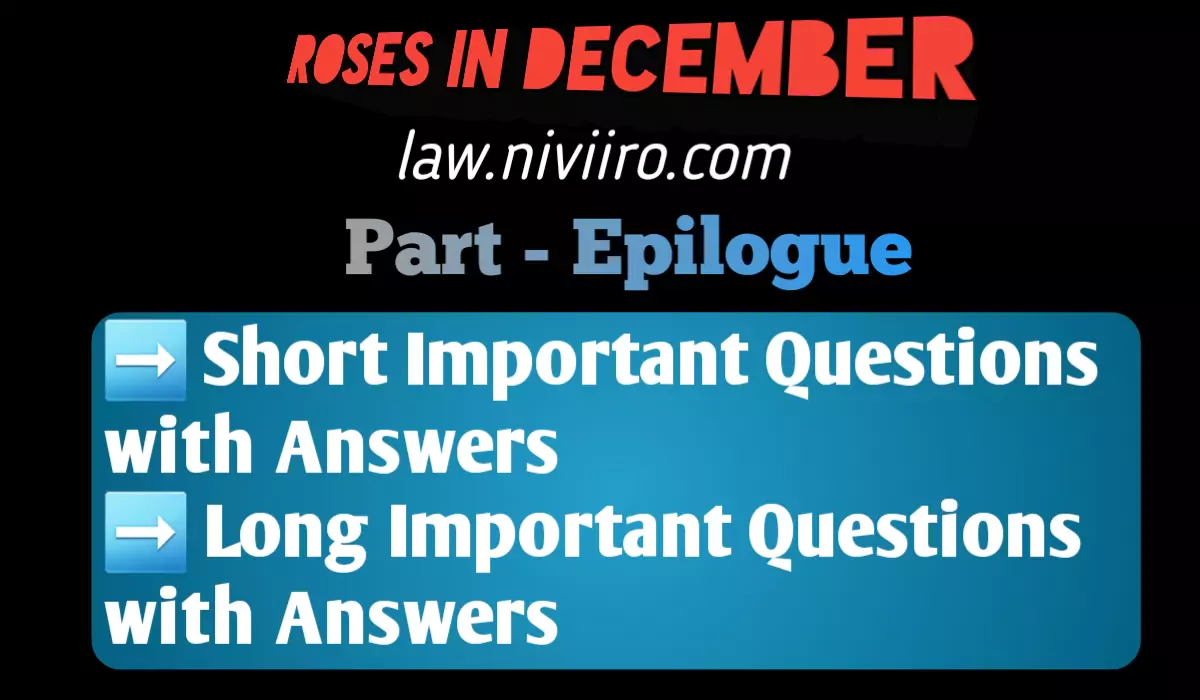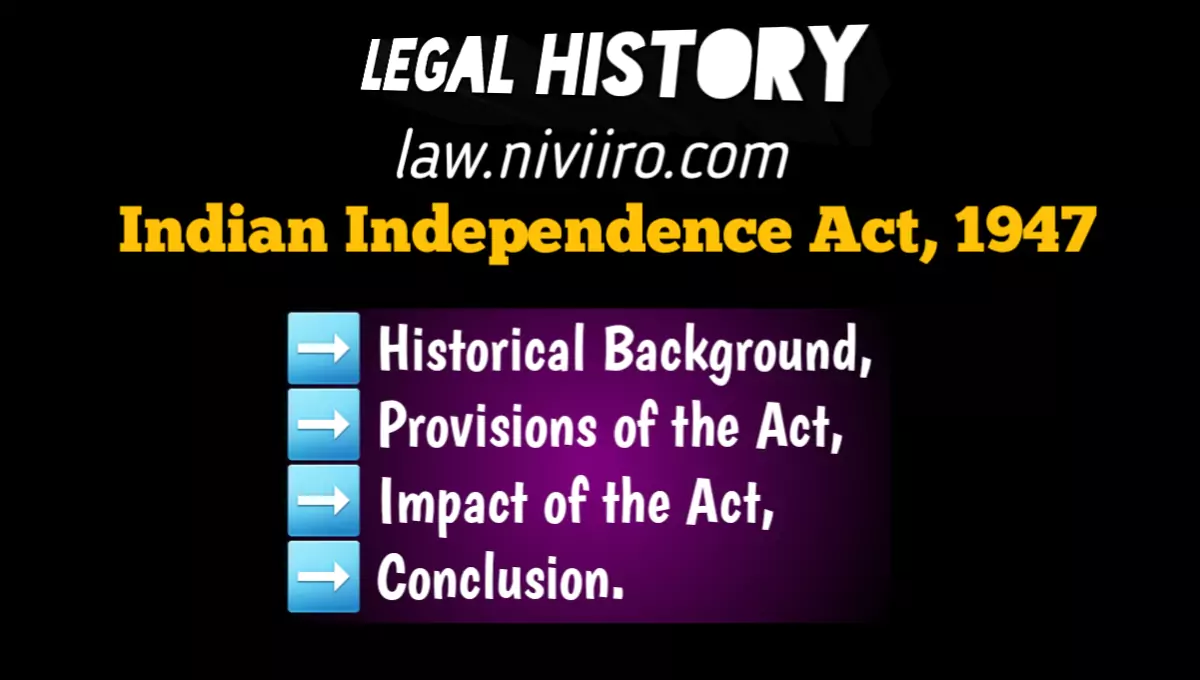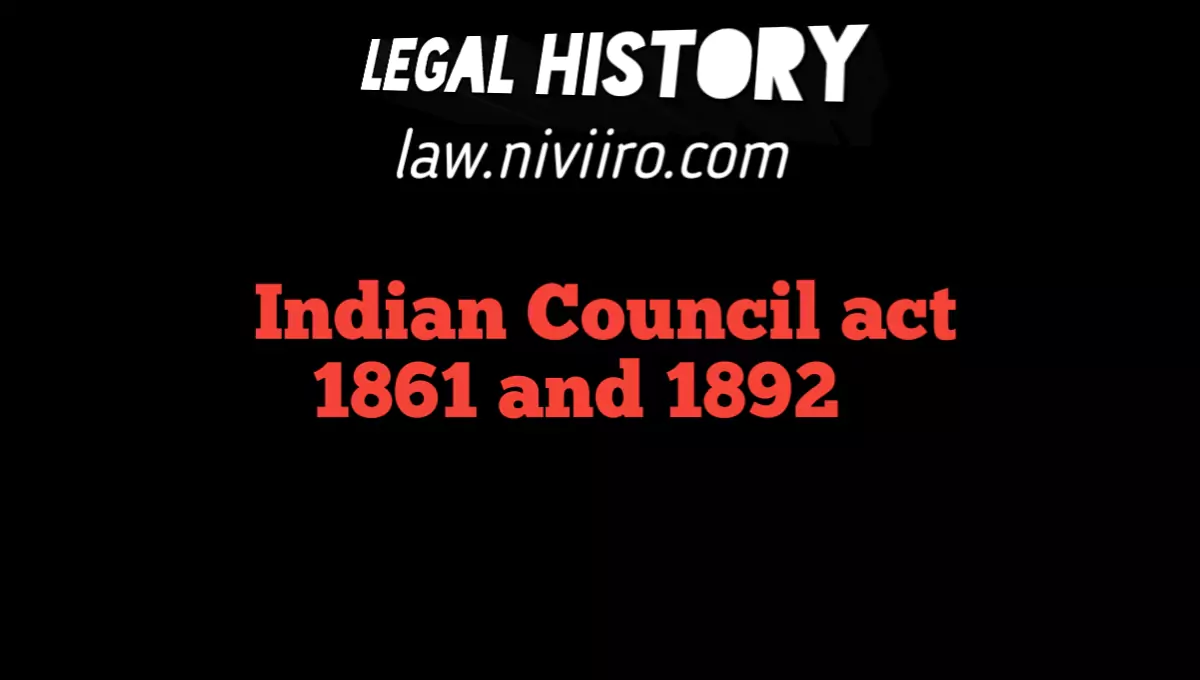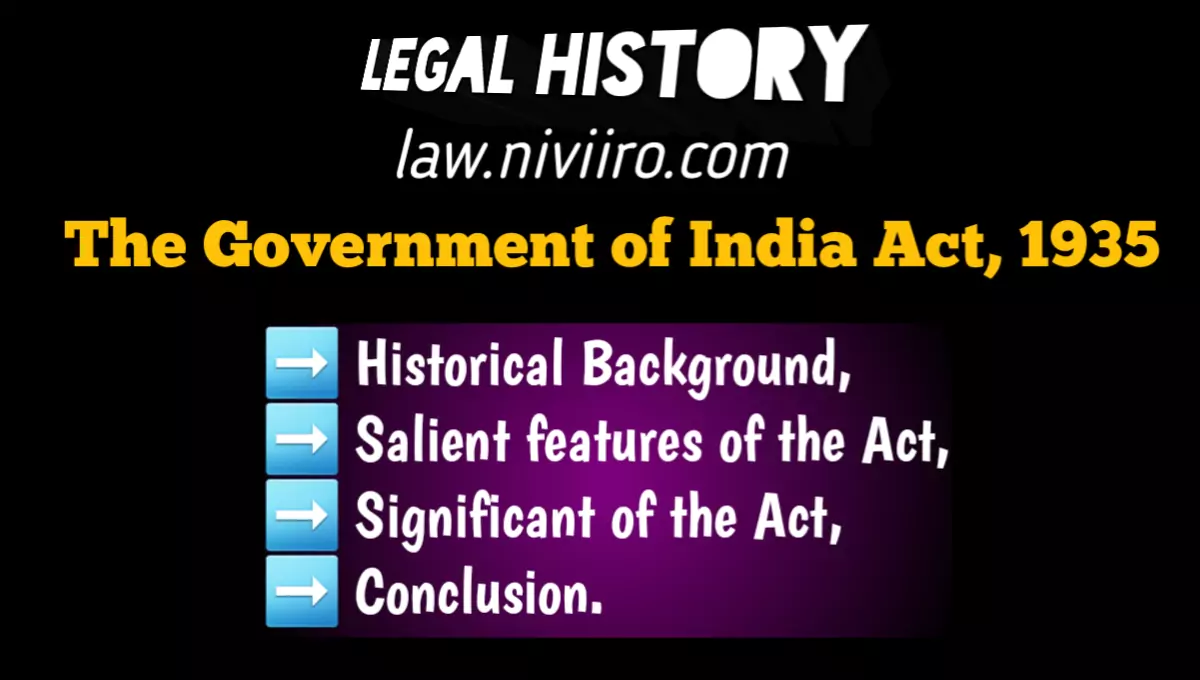The book “Roses in December” was authored by MC Chagla, a former Chief Justice of the Bombay High Court and diplomat. The book is a narrative of his life and experiences, from his youth in a small Gujarat hamlet through his distinguished legal and diplomatic career.
About the Part “Epilogue ” in short
When I wrote my autobiography in 1973 I thought it was my last will and testament. I had no destre fo write any codicils to that document. The Psalmist has assigned to man the age of 70the age upto which he can reasonably arpect to live. Every day after 70 is really a day of grace. I was 73. I had two heart attacks and I felt the third and the last was not far off. I expected to lead a reasonably quiet life. carrying on with my legal practice, reading the many which still remained unread and meditating on the cissitudes of human life and the curious turns and twists………….I assure my readers that there will be no more codicils and no more Epilogues. The Janata Party will go on making mistakes. Which Government does not? And we must exercise the priceless right given to us to criticise them, to differ from them and to express our dissent. Our criticism must be more severe than it was when the Congress was ruling because we expect much more from our own Government than we did from a Government which was a fraud upon the people. Eternal vigilance is the price we have to pay for freedom and the same vigilance must be exercised to see that the Janata Government continues in power.
NOTE : In every line where I assure, I had…. written directly reffered to M.C Chagla
Short Answer Important Questions of “Epilogue ” | Roses in december
When was the autobiography of Mr. Chagla published ?
In 1973 the autobiography of Mr. Chagla published.
What was the objection of m.c chagla to not write the epilogue ?
I have been pressed for a long time by my friends to write an Epilogue, but I resisted their advice and request because I felt that my book had a certain unity and coherence (such as it was) which I did not want to disturb.
When was the National Emergency declared ?
26th June, 1975.
Which was the brutal and ignominious period in the history of India ?
An Oxford Professor David Selbourne (An Eye to India, the Unmasking of a Tyranny) has rightly described these 20 and ignominious emergency period in the history months as a brutal of the nation.
Who insisted Mr. Chagla to write their emergency incident in their epilogue ?
Mr. Chagla’s old friend H.M. Seervai, the ex-Advocate-General of Bombay, pressing me to write about my part in the Emergency because it had become a part of history.
What news did Sikhri tell Mr. Chagla?
“Have you heard the news?”, he queried. I pleaded my complete ignorance. “They have made Ray Chief Justice and have superseded Shelat, Hegde and Grover. I just heard the news on the golf course. It was on the Radio.” He could have knocked me down with a feather.
Articles which was suspended during the emergency ?
Article 14, 21 and 22 were suspended during the emergency.
Which two incidents gave real fear to Prime Minister Indira Gandhi?
the fateful day of 12th June 1975 when Justice Sinha held her guilty of corrupt practice and results of the Gujarat elections were declared and the Janta Party was found to be in a working majority. These two events gave her a real fright.
When the all India civil liberty conference was held ?
On 18th October, 1975 the all India civil liberty conference was held.
Who was the architect for the victory of the janta party ?
Jayprakash was the architect for the victory of the janta party.
When Mrs. Gandhi ordered general elections ?
In January 1977 Mrs. Gandhi ordered general elections.
Full form of MISA ?
The Maintenance of Internal Security Act (MISA) was a controversial law passed by the Indian parliament in 1971 giving the administration of Prime Minister Indira Gandhi and Indian law enforcement agencies very broad powers
Long Answer Important Questions of “Epilogue ” | Roses in december
Who was niren de ?
I might say a word about Niren De. He was a friend of mine. but in public affairs friendship true that must give way to an objective judgement of a friend’s actions. the Attorney-General represents the Government but he owes a duty not only to his client but also to the Court. He has to guide the Court and see that it does not-come to a wrong decision even if it is in favour of his client. But Niren De argued only from his brief and sometimes advanced the most preposterous propositions. Compare this with the role played by Setalvad as Attorney-General.
The great reputation that the Supreme Court enjoyed before the advent of Ray was due as must to the ability of the Chief Justice as to the sterling independence of Setalvad who would never accept a proposition, even if it came from the Bench and was in favour of Government, if he thought that the proposition was unsustainable in law.
Who enjoyed the emergency ?
Certain notable exceptions the ones who accepted the Emergency – the most contemptible were the intelligentsia and the industrialists. The failure of the intelligentsia to stand up to the Government was the biggest Blot in the history of the 20 months. Artists, writers and actors climbed on the band waggon of Mrs. Gandhi and lustily cheered the slogan “India was Indira and Indira was India. Even academicians, professors, Vice-Chancellors welcomed the Emergency as a quick and effective solution to student trouble.
The Vice-Chancellor of Bombay University actually introduced Indira’s 20-point programme as a subject in the curriculum of the Law College. The industrialists, of course, thought of their profits and were grateful to Government for permitting them to make a quick buck with no questions i asked, provided, they subscribed to the Party funds which they did with lavish generosity.
What was the two interesting meeting of Mr. Chagla in the shivaji park ?
After the election, I attended two interesting meetings at Shivaji Park. I had never spoken there before and to look down from the platform at over more than a lac of disciplined audience was a sight I will never forget. The first meeting was to congratulate and garland the successful candidates. It was an unexpected honour to be invited to this meeting and share the honour with those who had triumphantly carried the flag of the Janata Party to victory. The speakers were kind enough to say that I had made a contribution to the victory.
The second meeting over which I presided was to welcome the R.S.S. leader Deoras. I shared the prejudiçe of many others about the activities and philosophy of the R.S.S. But I was impressed by the speech of Deoras, his evident sincerity and his desire to make R.S.S. into a national body taking its part in the mainstream of public life.
Explain the contribution of jayaprakash during the emergency ?
I remember talking to Jayaprakash about this and he told me that Mrs. Gandhi would never detain me. I asked him why. He said the international repercussions would be very bad. I said she did not care what the world thought about the Emergency. He said in my case I was not a party man. I had not been an agitator had held high office in the judiciary and in the diplomatic and political fields and the arrest of a man like me would be more prejudicial to her than otherwise. If a man like me violently opposed her policies there must be something wrong with those policies.
the release of Jayaprakash had changed the whole situation. When I read about his release I thought it was his death warrant. She would never have released him unless she had been advised that he would not live long, and she did not want his death on her hands. J.P. was released with his health shattered i, His kidney’s which were in perfect condition were irretrievably damaged and after his release he had to spend a Tong time in hospital before he started taking part in public affairs. I saw him quite often in Jaslok Hospital and also when he shifted to a flat almost next door to me.
We had many talks about the political situation. There was organised a meeting of the Citizens for Democracy on 19th 20th June 1976. J.P. attended on the second day. He emphasised that C.F.D. was not a political party and its function was to educate the people in the value and conventions of democracy, and also that a united democratic opposition was obviously better for the maintenance of democracy than a fragmented opposition.
After the election I was requested by Panditrao Kulkarni, an industrialist of Maharashtra, to present Jayaprakash with a purse of Rs. 1 lac to be used by him at his discretion. Kulkarni is a model industrialist. He told me he had never had a strike in his factory, he was paying much better wages to his workers than were paid in any comparable factory and instead of the higher wages deflating his profits he was making more profits than those who thought that profitability depended on starving your workers.
It is an indisputable fact that J.P. was the architect of the Janata Party victory. He was responsible for the merger of the different constituents of that party and during the elections he asked the people to vote on a clear-cut issue dictatorship versus democracy and the people, illiterate and poor though they might be, knew the difference between the two and overwhelmingly voted for the latter. The result of the election was unique in the history of parliamentary democracy.
Parties have been defeated and there have been changes of Government. But this was not merely an election. It was a revolution a peaceful and non-violent one and through the ballot box. The people rose in their indignation and anger against the misdeeds of the Congress Government and swept aside the powers of corruption, tyranny and injustice. It was a people’s victory and not that of politicians.
explain the broadcasts given by Mr. Chagla ?
When the Vice-President, Shri B.D. Jatti, refused to sign the proclamation dissolving the assemblies in which the Janata Party had won the national election, a constitutional crisis of the gravest character developed. There was an urgent message from Delhi that I should be asked to broadcast on the implications of this refusal and the Bombay Director rushed to my flat and asked me to come to the studio to record the talk. I had no time to write a script and I had to speak extempore. I emphasised the fact that if Shri Jatti valued his conscience more than the Constitution, as an honourable man he should resign. He could not be removed except by impeachment and the Janata Party did not have the necessary majority for this purpose. Thus there would
Be a complete impasse if Jatti refused to sign and refused to resign the broadcast was to be a tan 9:15 p.m. When spotlight is usually on the air at 7:30 p.m. Jatti sign the proclamation and the crisis was at an end the A.I.R from Delhi profusely apologized for cancelling my broadcast as it felt that no useful purpose would be served in view of the turn the event had taken. I told them that jatti signing the proclamation was much more important than my broadcast and no apology was called for.
The second broadcast I was asked to make was when Mrs. Gandhi was arrested. This time I was given sufficient aotice, I could therefore prepare a script though in considerable hurry. When I went to the studio I joked with the Director that I hoped this broadcast would not also be cancelled as it might be if Mrs. Gandhi were released. And lo! and behold, Mrs. Gandhi was released. I said to my sell that ‘Spotlight did not suit me and in future I should think twice before accepting this particular assignment. But fortunately this broadcast was not cancelled notwithstanding Mrs. Gandhi’s release and it went on the air. The reason was that it contained several observations about Mrs. Gandhi which had relevance beyond her arrest.
The third broadcast again on ‘Spotlight’ also faced some trouble. Delhi wanted to know my views on the proposals made by the Cabinet Sub-Commmittee with regard to Emergency. It could not be broadcast on the night for which it was scheduled. As an apologetic Director of A.I.R. explained to me they had just received a dispatch from their correspondent in Moscow and as the Prime Minister was returning the next day from that city, unless it was put on the air it would become stale, whereas there was no particular urgency about my views on the constitutional amendment. I accepted the validity of the explanation and had no objection to the broadcast being put off.
The only inconvenience was that some friends knew about this broadcast and when they listened in they heard all about Moscow and Morarji’s visit and they could not understand what the Emergency had to do with it.
Explain the condition of the India when the janta party won the election ?
There is a great deal of disenchantment and disillusion with the Janata Party. The greatest achievement of the Party, the restoration of freedom and democracy, seems to have receded into the background and people are asking what democracy is going to do for them. There is also a feeling that there is no clear indication of the direction which the Party will take in its economic and social policies. Different ministers are speaking with different voices. There is also no real merger of the constituent parties which merged in the Janata Party. Mere political merger is not enough.
There must be an emotional one and the scandalous scramble for tickets to the, assembly, elections went to show that the parties are still jockeying for position. There is also deep resentment at the manner in which Mrs. Gandhi has been treated. People cannot understand why she was allowed to be at large. Why civilities were shown to her. Why the high and mighty paid social calls on her. Why she was allowed to stay on in the Prime Minister’s house.
Why she was allowed to select one of the best houses in Delhi when she left her old residence. Why she was allowed to go about the country making speeches denouncing and defaming the Janata Party. This treatment should be contrasted with what the Chinese did to Mao’s widow – a power in the land – the day after his death.
There is no doubt Mrs. Gandhi was the arch-criminal who was responsible for the suffering, the misery, the injustice that was caused to the people by reason of the powers she acquired under the Emergency which was illegally and unconstitutionally imposed upon the country. It is no use merely talking of mistakes and excesses committed in the implementation of the Emergency. These would not have taken place if there had been no Emergency.
The 20 months of terror and unbridled oppression during the most shameful period in our history all stem from the Emergency. Till today Mrs. Gandhi has never admitted her crime in promulgating the Emergency nor has she expressed her regret to the people for what they suffered. On the contrary she has and is justifying the Emergency and the good it has done to the people. If she was honest and contrite she would be going round the country in sack cloth and ashes and with folded hands asking the forgiveness of the people.
Justify the title of this autobiography ?
Roses in December is not just an ordinary autobiography, but rather a timeless account of what a well lived life can be. Chagla was not born into royalty, nor did he die rich. His life was one filled with struggle – something that many young readers relate to. His gratitude for the opportunity, commitment to hard work, and adherence to principles are evident throughout and help understand his approach to the various events of his life. So this title cover the whole struggle of chagla that how he makes the easier which is very difficult to avert.
The biography encompasses a detailed narrative of his personal life including his early childhood and education, his encounter with various freedom fighters, the death of his wife and how it caused him so much grief and loneliness, his eventful career and particularly, his role as a minister in India’s government and as a judge. He also includes collections of his general reflections on life. In an Epilogue, he passionately criticizes the controversial 1975 to 1977 Indian Emergency and discusses how it led to darker days in India.
To sum up my tenure as Chief Justice, those eleven years for him constitute the most fragrant rose in my life. The perfume still endures, and whenever the cold winds of December blow more severely than usual, he seek refuge and consolation in the memory of those years, when life seemed worth living, and existence had a purpose and a direction.
Summary of roses in December ?
“Roses in December” is a 1973 autobiography by Mohammadali Currim Chagla, a wellknown high court judge, Chief Justice and cabinet minister among many other titles. The biography encompasses a detailed narrative of his personal life including his early childhood and education, his encounter with various freedom fighters, the death of his wife and how it caused him so much grief and loneliness, his eventful career and particularly, his role as a minister in India’s government and as a judge. In the last chapter, he also includes collections of his general reflections on life.
In an Epilogue, he passionately criticizes the controversial 1975 to 1977 Indian Emergency and discusses how it led to darker days in India. Chagla also vehemently opposes the 24th and 25th Amendment and Jinnah and Pakistan. Even with over twenty years’ experience as a judge, Chagla believed no man is entitled to sit in judgment on others. The biography not only entails issues and imperatives but also key personalities such as Mr. Gokhale, Mohammad Ali Jinnah and Jawaharlal Nehru. Chagla wrote the autobiography with the help of his son Iqbal.
Related Post
Refference
- M.C. Chagla : Roses in december : Mumbai : Bhatriya Vidya Bhavan, 2000.

















